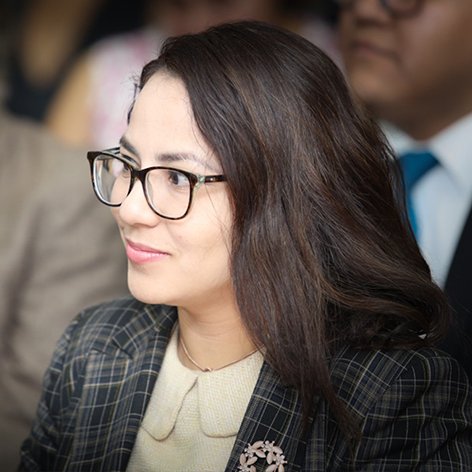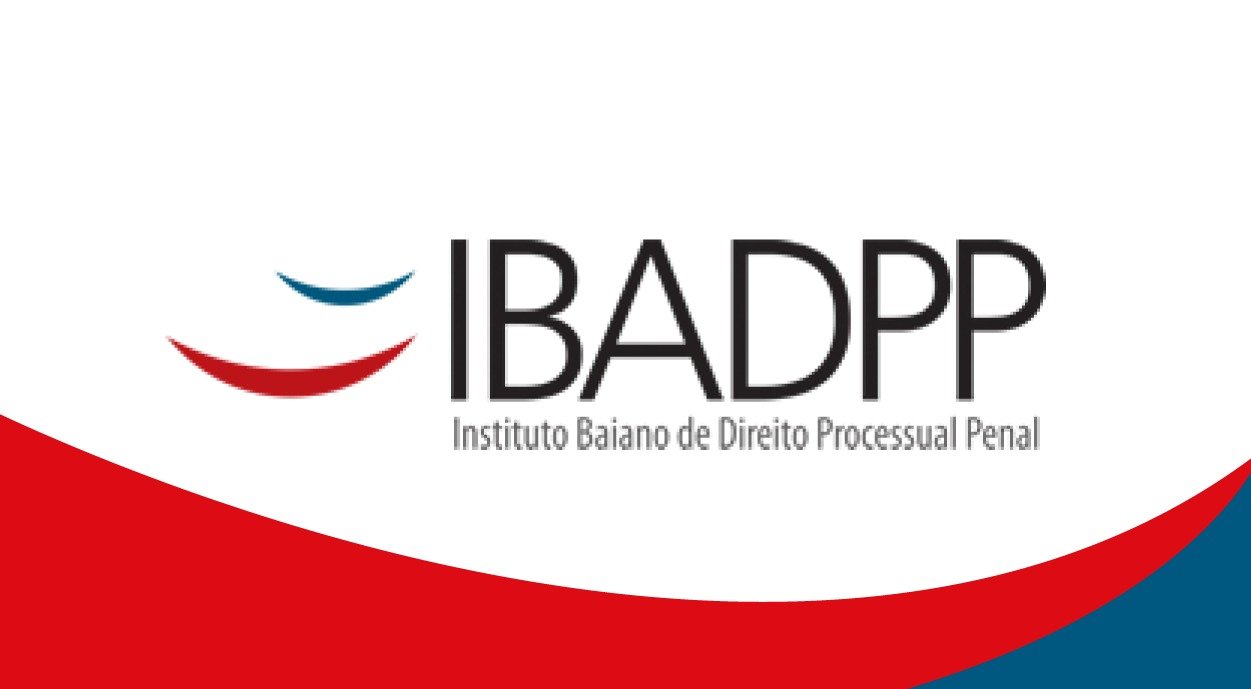We cannot all succeed when half of us is held back
Malala Yousafzai
On June 14, one of the deadliest shipwrecks in recent Mediterranean history took place. A crowded boat carrying around 700 immigrants, mostly from Pakistan, Syria, and Egypt, including about 100 children, sank near the coast of Greece. The Greek Coast Guard, accused of negligence, did not intervene in the incident. Hundreds of people are still missing, and the UN has called for an investigation into the case.
With hundreds of people still missing after the capsizing of the overcrowded boat in the Mediterranean on June 14, the testimonies of those on board paint a picture of chaos and desperation.
Human rights groups argue that this tragedy is unfortunately part of the evidence and the result of the xenophobe against the arrival of migrants in European countries, people who are running away from unfortunate conditions of undeveloped countries.
This vessel carried up to 750 Pakistani, Syrian, Egyptian, and Palestinian refugees and immigrants. I wonder if the story would be the same if they have been born in other countries.
The ship originating from Libya sank off the coast of the Peloponnese Peninsula in Greece, which is known as the most dangerous migration route in the world. The death toll stands at 82, but the testimonies of the survivors indicate that there were hundreds on board whose bodies have not been found.
The protection of migrants and refugees is of utmost importance in fostering a just and compassionate society. Every individual deserves to be treated with dignity, regardless of their country of origin or immigration status. Providing adequate protection means ensuring their safety, access to basic human rights, and opportunities for a better future.
Migrants and refugees often flee from dire circumstances, such as conflict, persecution, or extreme poverty, seeking refuge and a chance for a better life. It is our moral duty to extend a helping hand and provide a supportive environment that respects their rights and offers them a fair chance to rebuild their lives.
By protecting migrants and refugees, we not only uphold their fundamental rights but also promote social harmony and cultural diversity. Embracing inclusivity and fostering integration allows communities to flourish and benefit from the unique contributions that migrants and refugees bring.
Moreover, protection measures should extend beyond physical safety to address the socio-economic integration, and access to healthcare, education, and employment opportunities for migrants and refugees. By providing such support, we empower them to become self-reliant contributors to society, positively impacting both their lives and the communities they join.
In a world that is increasingly interconnected, the protection of migrants and refugees is not just a matter of humanitarian responsibility but also a reflection of our shared values and commitment to upholding justice and equality for all.
Imagem Ilustrativa do Post: Abstract // Foto de: stillwellmike // Com alterações
Disponível em: https://www.flickr.com/photos/stillwellmike/6324209649
Licença de uso: https://creativecommons.org/publicdomain/mark/2.0/





